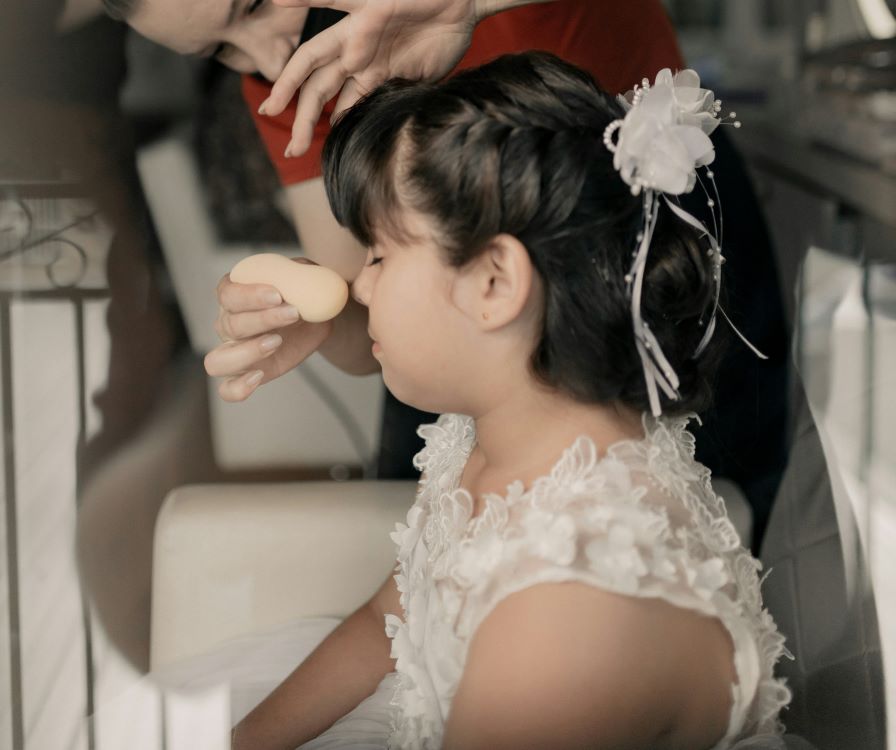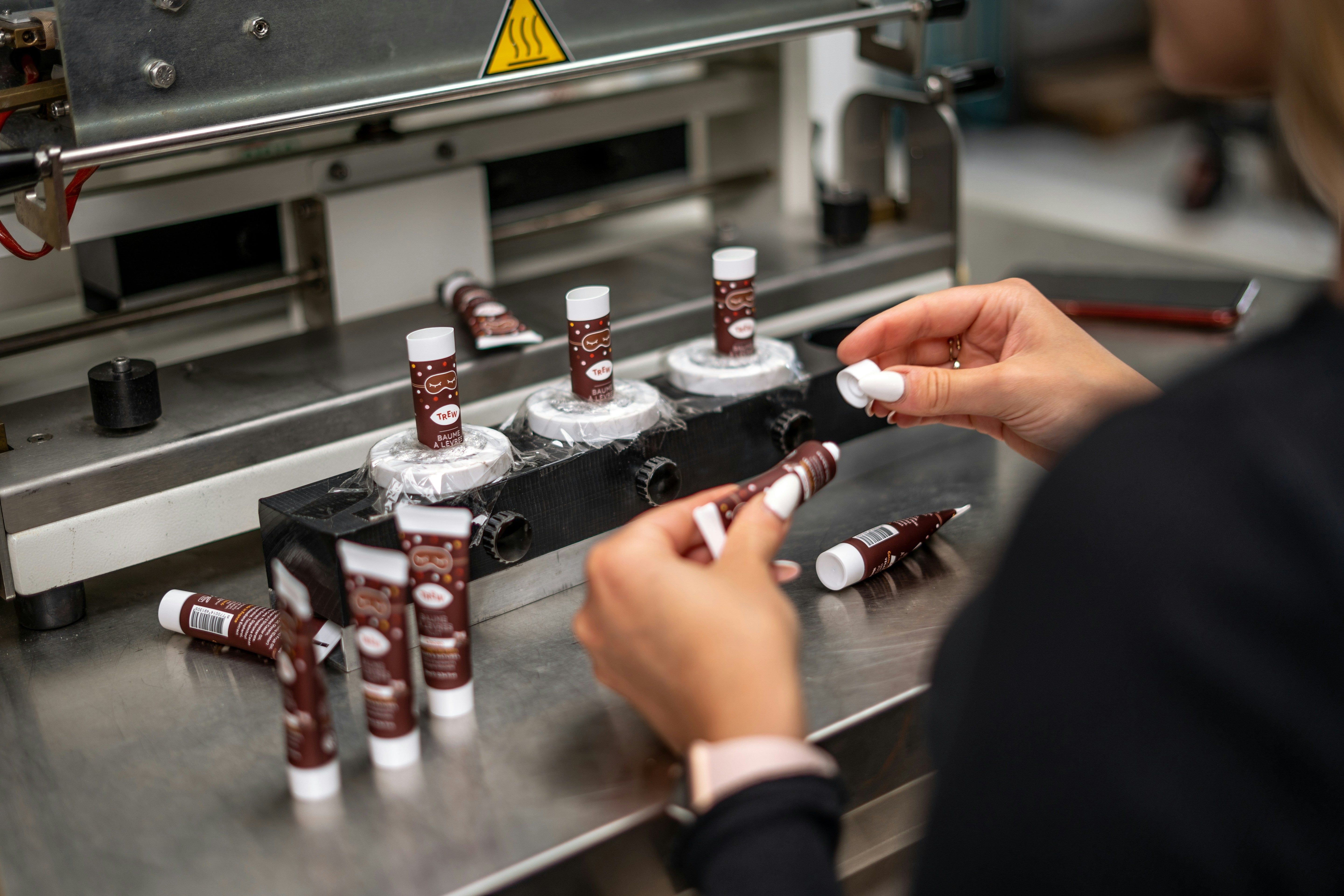How Young Is Too Young to Start Wearing Perfume?

Fragrance is a form of self-expression, whatever your age. For the young person who’s curious about “their scent,” it’s tempting to introduce adult-level perfume early. At MAIR, we believe that timing and product choice matter, especially for fragrance starters.
Why teen years are the phase to guide, not rush
When young users first show interest in scented products, it’s a signal of self-awareness and identity formation. But adult-concentrated perfumes (with high levels of aroma compounds, alcohol, and long-wear formulas) are not always the right start. Many dermatologists and fragrance specialists advise that younger users begin with gentler alternatives. For example, one dermatologist notes that “body sprays are gentler on young skin and less overwhelming in shared spaces like classrooms.”
Additionally, younger skin tends to be more reactive. A guide from CanABaby notes that fragrances for children aged 2-5 can mask chemicals that pose risks, such as skin irritation or hormone disruption.
What to look for if you’re choosing a scent for a teen
-
Lower concentration: Opt for body sprays or light mists rather than Eau de Parfum or Eau de Toilette with high fragrance load.
-
Gentle formula: Choose fragrance products with transparent labels, minimal synthetic musks or phthalates, and lower alcohol content. Dermatologists caution about phthalates and synthetic musks in kids’ products.
-
Application method: Teach young users to apply to clothing or pulse points in moderation rather than heavy spritzing. This reduces skin/hormonal exposure.
-
Occasion-appropriate: Encourage fragrance as part of a casual routine (after school, outings) rather than as a long-lasting “signature scent” which may be better suited later.
The role of body sprays as the starter step
For many teens, a body spray or mist is a smart first move. It gives the experience of fragrance without the intensity, price, or permanence of a “grown-up perfume.” It also helps establish scent etiquette (how much is enough, where to spray) early. According to experts, this stepping-stone approach helps avoid overstimulation or inappropriate use in shared spaces.
At MAIR, we believe that when a young user is ready, meaning they’re aware of personal fragrance, appreciate subtleties, and can responsibly apply it, then introducing a more mature fragrance formula makes sense.
Is it ethical?
Yes, but only when it’s done thoughtfully. Ethically introducing fragrance to younger individuals requires transparency, safety, and education. Brands need to:
-
Disclose the ingredients clearly (especially when younger users may have sensitive skin or developing systems).
-
Design age-appropriate products or communicate usage guidelines (so young users aren’t simply using adult formulas unsupervised).
-
Emphasize responsible usage (so the scent becomes a positive part of personal care, not a showy or excessive statement).
For MAIR, this means we advocate for introducing fragrance when the timing is right, not rushing it, and aligning with our values of meaningful scent, craft, and brand integrity.
Final Thoughts
Fragrance is a wonderful gift of self-expression, but for younger users, the best approach is guided and gradual. Starting with body sprays or lighter formulas, learning scent application etiquette, and waiting until one’s sense of personal style and skin maturity are aligned will make the transition to adult-level fragrance both meaningful and safe. At MAIR, we stand for thoughtful scent experiences that respect both the user and the craft.


